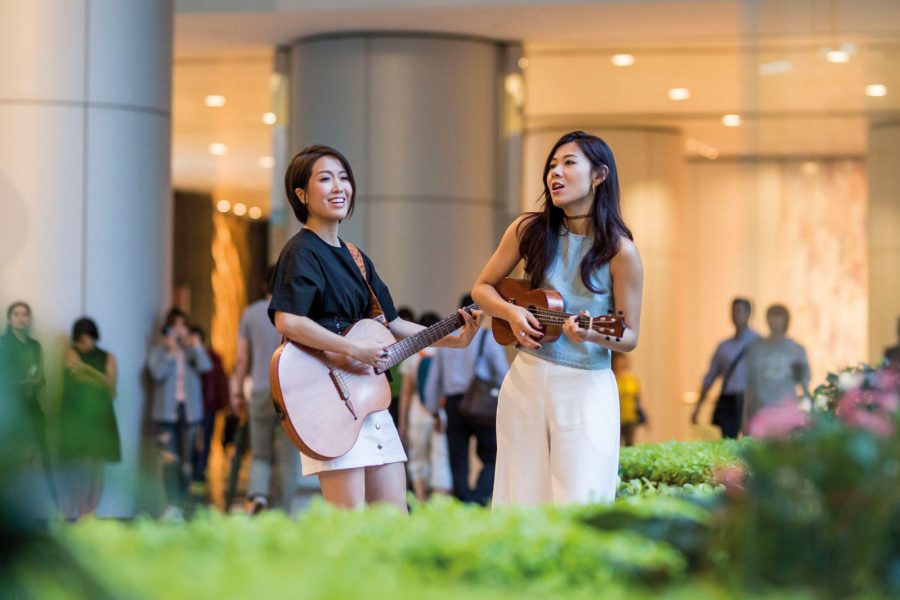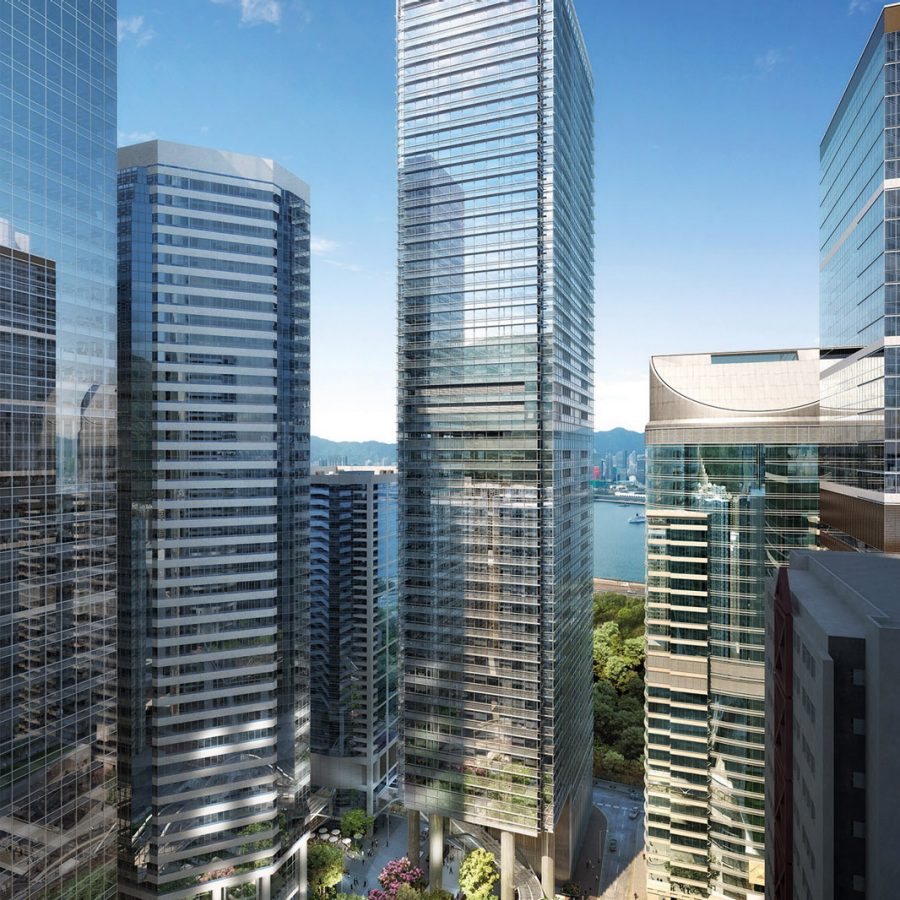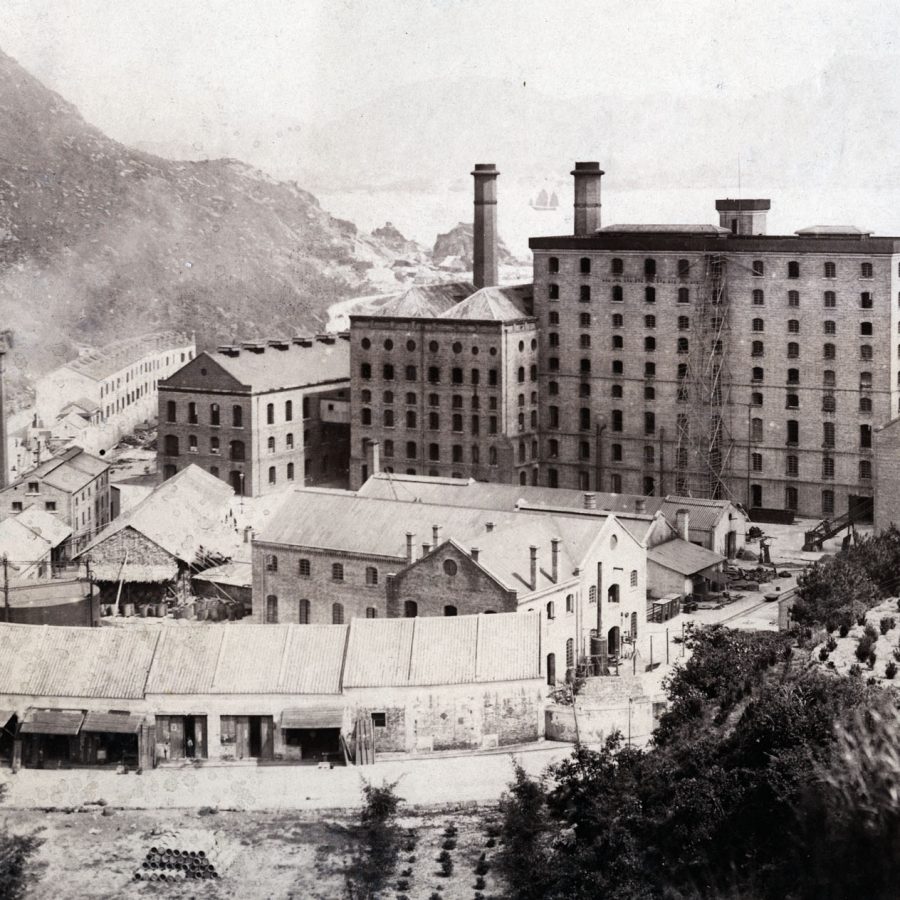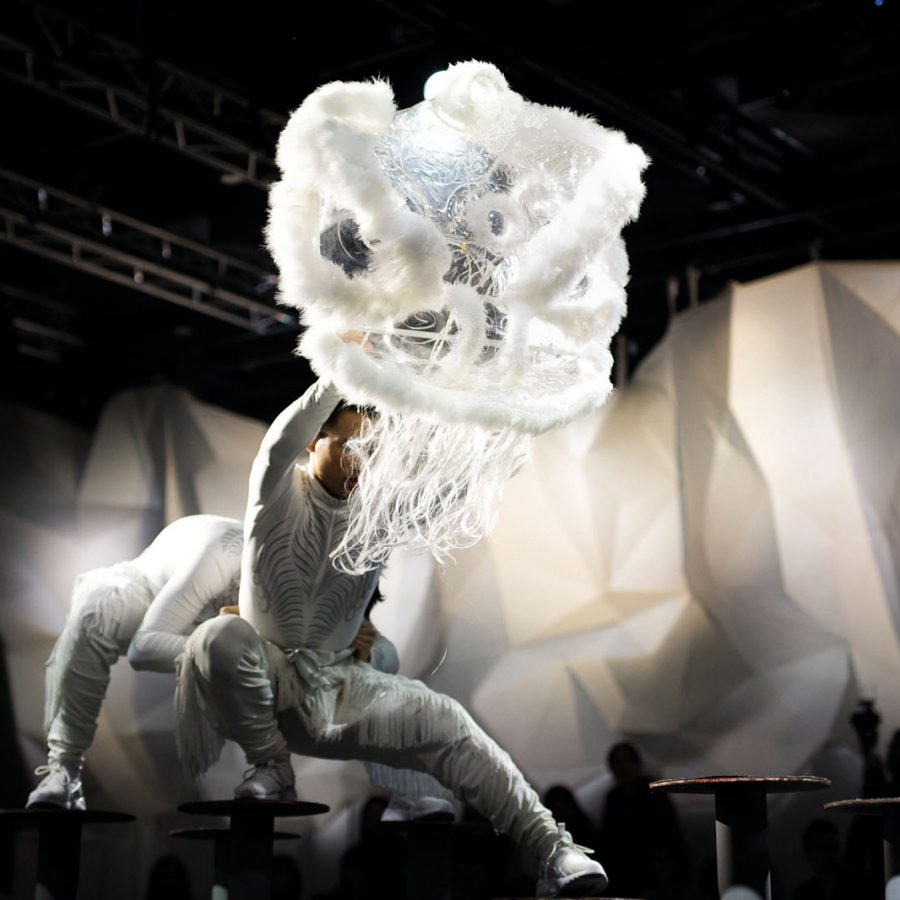The creation of Hong Kong's new downtown

Never been to a topping out ceremony? Hang around in Hong Kong long enough there’s a good chance you will as yet another tower gets added to the skyline.
Hong Kong has more skyscrapers than any other city. New York has long been relegated to second place: its 257 tall (more than 150 metres) buildings are 60 short of Hong Kong’s total. Make that 61: the new 220-metre, 48-storey One Taikoo Place has just been topped out in Quarry Bay.
But those windows also look back over a fascinating chapter in Hong Kong’s history.

An observer from the site of One Taikoo Place in the 1880s �– as well as being surprised at being suspended 220 metres in the sky – would have seen the dawn of a new industry: sugar refining. At its height 40 years later, the Taikoo Sugar Refinery, run by John Swire & Sons, was the largest in the world. It was also more than a factory. Workers from Taikoo Sugar and the adjacent Taikoo Dockyard lived in company houses, went to company schools and swam in company swimming pools. There was a company sanatorium in the hills and a company cable car to take them there.
The refinery closed its gates for the last time in 1972 as the Taikoo Sugar brand switched to importing. The factory became a relic of a past that was rapidly being wiped clean by Hong Kong’s 1960s economic boom. The new Hongkongers needed apartments: and soon the sprawling Taikoo Shing development began to turn the eastern part of Hong Kong Island from industrial to residential.

Swire (also parent company of Cathay Pacific) needed to devise a new future for Quarry Bay. It occupies what in most cities would be a prime bayside spot. But Hong Kong has lots of bayside: Central might be fewer than 10 kilometres away, but for much of its history it might as well have been 100 for all the interest it attracted from anyone other than office relocation experts.
As the media gathered for that latest topping out, it was finally clear what the blueprint was: not to be an adjunct of Central, but an alternative – decentralisation, as it’s been dubbed since.
That vision clearly works for the corporate tenants. But can this former company town keep 2018 workers here after 7pm and on weekends?

The urban planners’ buzzword is ‘mixed-use’. So as well as office towers you get flats and serviced apartments, a hotel (EAST), one of the island’s biggest shopping malls, a street food market (Tong Chong Street Market), a private members’ club (called, in a nod to the past, The Refinery), a co-working space (Blueprint), harbourside walkways, gyms, an exhibition and performance venue (ArtisTree) – and hundreds of restaurants, from hole-in-the-wall noodle joints to high-end Japanese and Western restaurants.

Making communities has not traditionally been seen as the job of the civic authorities. The policies that created that economic miracle were unequivocally laissez-faire: let the private sector do it, or it won’t be done at all. So Quarry Bay’s is a very Hong Kong story. But the pressure on developers in 2018 is different to 1880 or 1970: not just to build, but to build new communities. It’s about placemaking and placekeeping, to borrow a couple of vogue words from the urban planning dictionary. Add the über-buzzword for the modern developer, ‘sustainability’, which involves creating green spaces and deploying the latest green tech. Above all, it’s about creating a sense of identity that goes beyond the logo and letterhead.
Quarry Bay’s best five spots
Shiro
This premium Japanese sushi bar (also with a Pacific Place location) ticks all the work lunch boxes: quick sushi sets and bento boxes, served in an elegant space in Lincoln House.
shiro-sushi.com
Sugar
Panoramic views across Kowloon and eastern Hong Kong (come for the sunset) mix with upscale cocktails at this rooftop bar of Quarry Bay’s boutique bolthole, the appropriately named EAST hotel. east-hongkong.com
Espresso Alchemy
Quarry Bay’s best coffee is from this tiny shop on Hoi Wan Street. It does a great set lunch and also sells bags of its Italian coffee to take away.
alchemycoffee.net
Quarry Bay Park
This park, known mostly to locals, has tennis and basketball courts, football pitches and a breezy promenade overlooking Victoria Harbour – plus it’s a great shortcut to Soho East, the collection of neighbourhood pubs, restaurants and cafes in Sai Wan Ho. lcsd.gov.hk/en/parks/qbp
Public
On the 37th floor of skyscraper One Island East is Public – a restaurant with both Asian and Western choices that’s amplified above the usual offering with epic views from the floor-to-ceiling windows. taikooplace.com/en/amenities/Dining/PUBLIC.aspx
Hong Kong travel information
- China – the Chinese Mainland, Hong Kong SAR, Macao SAR and Taiwan Region
- Hong Kong SAR - English
- Chinese Mainland (China) - English
- Taiwan, China - English
- 香港特別行政區 - 繁體中文
- 中国內地 - 简体中文
- 中國台灣 - 繁體中文
- Africa
- South Africa - English
- Asia
- Bangladesh - English
- Korea - English
- Singapore - English
- Cambodia - English
- 한국 - 한국어
- Sri Lanka - English
- India - English
- Malaysia - English
- Thailand - English
- Indonesia - English
- Maldives - English
- ประเทศไทย - ภาษาไทย
- Indonesia - Bahasa Indonesia
- Myanmar - English
- Vietnam - English
- Japan - English
- Nepal - English
- Việt Nam - tiếng Việt
- 日本 - 日本語
- Philippines - English
- Australasia
- Australia - English
- New Zealand - English
- Europe
- Belgium - English
- France - Français
- Россия - Русский
- Denmark - English
- Ireland - English
- Schweiz - Deutsch
- Deutschland - Deutsch
- Italia - Italiano
- United Kingdom - English
- España - Español
- Nederland - Nederlands
- Middle East
- Bahrain - English
- Saudi Arabia - English
- United Arab Emirates and Qatar - English
- Israel - English